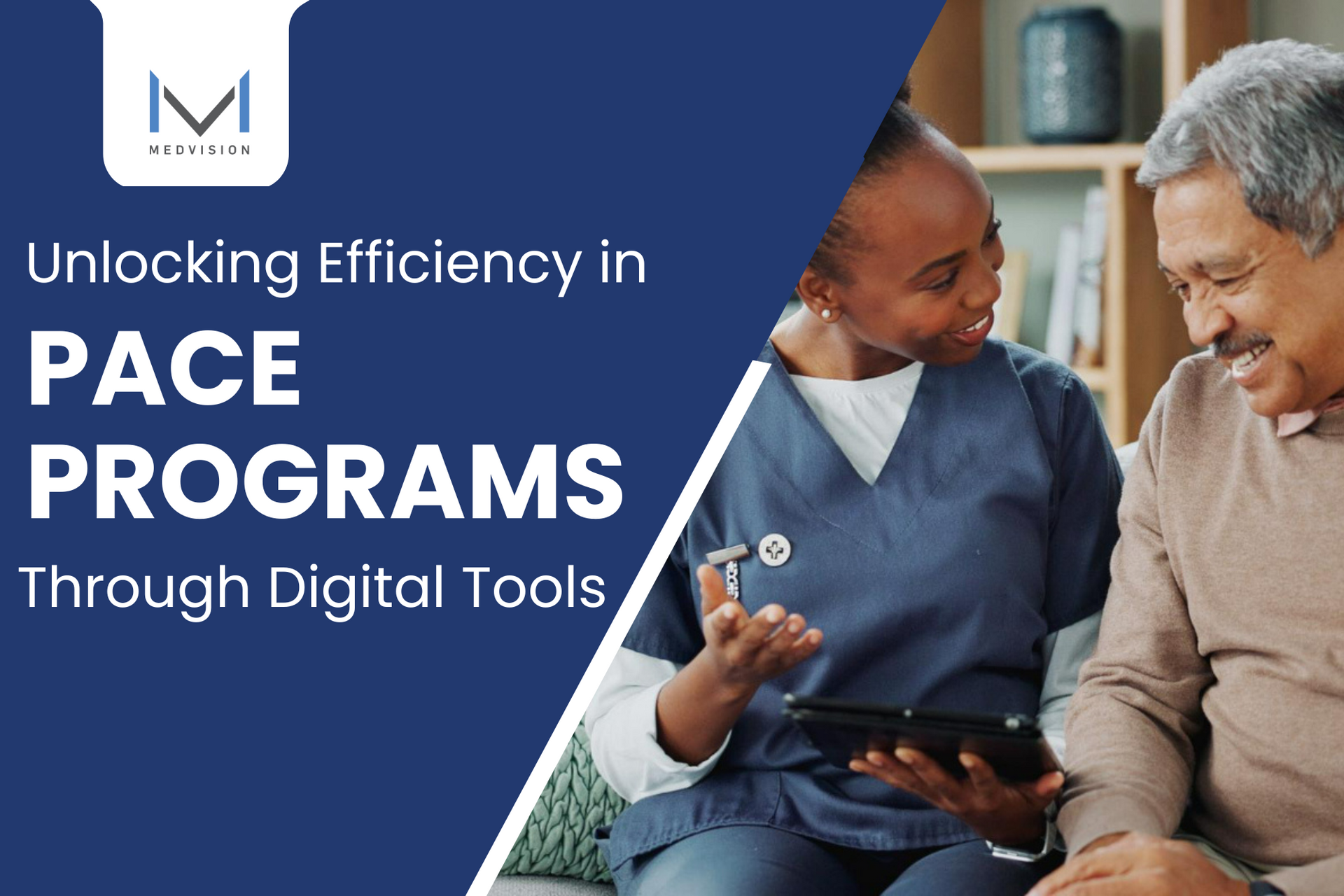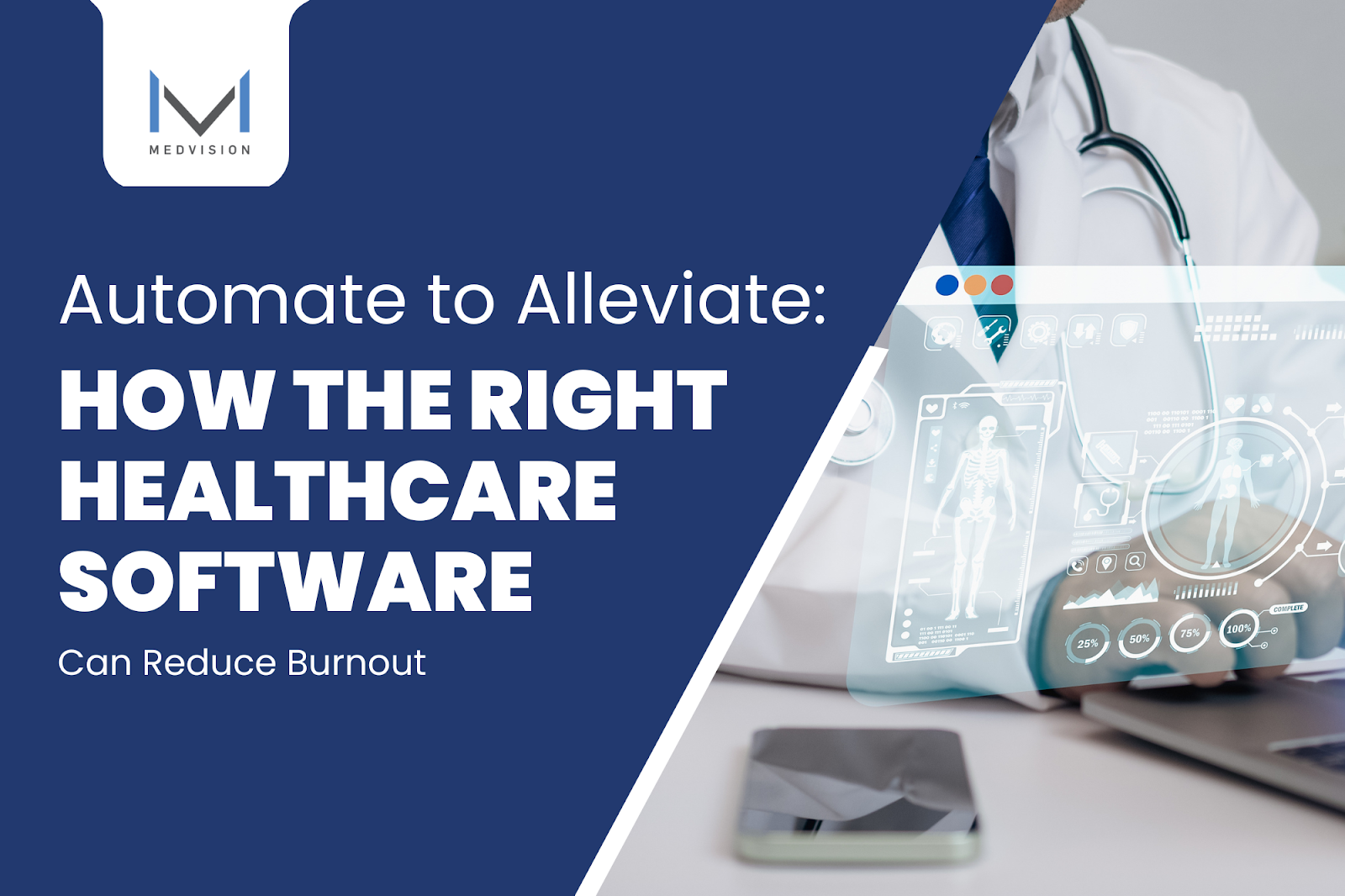Embedded EDI Capabilities to Facilitate Data Movement
In the business of population health management, data transactions are the core of any organization’s operations. Though providing medical services is the utmost priority, healthcare data transactions are essential in delivering these services to millions of people. For this reason, healthcare organizations need to invest in management systems that have electronic data interchange (EDI) capabilities or embedded EDI functionality.
EDI Functionality for Effective Data Movement
Today, more practitioners, clinics, and hospitals are adopting electronic health records (EHR) technology for their daily operations. Eighty-two percent of hospitals utilize EHRs to aid their ongoing quality improvement process according to an ONC article.
Primarily, accountable care organizations (ACOs) have much to gain from investing in advanced EDI functionality. After all, processing thousands of patient records, provider claims, health plan contracts, and provider credentials for various groups require a lot of resources.
Luckily, the right EDI software functionality can help you better facilitate these data movements and improve your outcomes. To realize its full potential, organizations must first identify the major challenges that they need to address.
Challenges in Data Movement
Information transactions have come a long way throughout the years. Previously, offices would require piles of paperwork just to keep their operations running. These days, EHR and EDI transactions allow for smoother information flow within the healthcare system.
Despite the advancements in large-scale information sharing, challenges relating to data movement still arise. Here are some of the major issues that organizations within the healthcare system continuously face:
1. Limited In-House Capabilities and Third-Party Services
The number of data you need to process increases as your business grows. This means that success for ACOs doesn’t come without operational challenges. Keeping up with data transactions requires a lot of manpower and software capabilities—things that not all ACOs have.
When this happens, organizations often look for third-party or business processes as a service (BPaaS) providers for help. For example, clearinghouses offer useful services for collecting paper trails and sending them out as EDI files. However, these services still have a few drawbacks like the following:
- The costs for third-party services can significantly increase as your healthcare network grows
- Not all services are flexible enough to fit your every organization’s specialized requirements
- You have no full control over how to manage and improve your data movement processes
2. Compatibility with Various Formats and Requirements
Though technology is streamlining how we process information, transferring data from one system to another has its challenges. Providers often use different EHR systems when sending out files which could lead to compatibility issues for ACOs.
ACOs need to make sure that they can effectively receive all the essential data that their network sends. However, compatibility issues are always bound to occur especially when you deal with thousands of files from various sources. For this reason, customization or flexibility is a key EDI functionality that organizations need to invest in.
3. Transaction Errors and Data Loss
One of the main issues for data movement are failed transactions and data loss. These issues can cause huge setbacks especially when you’re dealing with large-scale healthcare records.
Building strong IT infrastructure or relying on third-party service providers can help you mitigate these issues. Put simply, investing in the right technology and support services are essential for smooth business data transactions.
4. Workforce Training and Workflow Challenges
Getting the right EDI system is only the first step to achieving smooth data movement capabilities. After all, you need a group of well-trained professionals to use your system to its fullest potential. Put simply, your staff is the key to maximizing the capabilities of any EDI functionality.
The tricky part about empowering your team is the costs and resources it takes to get them up to speed. Here are some of the major challenges that ACOs need to prepare for:
- Extensive staff training can be costly and time-consuming.
- It will take some time for your staff to be fully proficient with your system.
- Continuous training is essential to increase proficiency and reduce errors.
- Not all systems provide effective workflow tools for easier data management.
5. Outdated Technology
Finally, the real challenge for ACOs and other healthcare organizations is the lack of advanced systems. Technology has improved fast over the last decade, and it has its pros and cons. Large companies are expected to utilize computers to process 60 percent of their business data by 2022 according to WEF.
With more businesses investing in data-processing technology, the last thing that you want is to be left out. However, technology comes with a price, and here are a few things that ACOs need to look out for:
- It’s good to have a system that can integrate with third-party applications just in case you need it.
- Automation is one of the most essential tools that ACOs can take advantage of to configure their EDI settings to ensure that all inbound and outbound files are fully compatible with their system.
- Workflow Tools. When you send hundreds of EDI files daily, certain errors can’t help but occur. For this reason, you need an EDI system that allows your staff to easily track, review, and edit failed transactions at a moment’s notice. Additionally, integrating your EDI system directly into your other process can significantly speed up your overall workflow.
- Automation Features. You can further streamline your workflow by simply automating certain aspects of your data movement process. For example, QC7 checks all your batches of files and detects errors according to your configured specifications. Additionally, you also have quick access to tracking, reviewing, and editing features to resolve issues with ease.
- Trading Partner Enrollment. Enrolling your associated organizations as trading partners allows for full customization for your EDI requirements. Put simply, setting up trading partner profiles ensures that all your organizational EDI requirements are met with precision. This allows you to send and receive files more smoothly.
- Data Visibility. Lastly, ACOs need to have a full view of their organizational data. Whether it’s their EDI transaction files or their patient population trends, data analytics is the key to success. With this in mind, you need a system like QC7 that has comprehensive dashboards where you can access the right data to better manage your operations.
QuickCap 7’s Flexible EDI Functionality
QC7 is a comprehensive management platform designed with ACO-centric features. If you’re looking for EDI functionality, QC7 has a dedicated EDI services module that allows you to control and personalize your data movement needs.
Here are some of the benefits that you can get with QC7’s advanced EDI features:
Dedicated EDI Module. With a dedicated EDI services module, you’re guaranteed full access to extensive EDI functionalities that are integrated with every aspect of your operations.
Trading Partner Enrollment. QC7’s trading partner features allow you to fully customize the EDI transaction requirements for each of your associated organizations. This enables you to accommodate the diverse needs of your healthcare network.
Comprehensive File Transactions. As a comprehensive management platform, QC7 is designed to handle different processes like claims adjudication, contracting, referral reviews, and more. This means that you can easily upload and process diverse EDI files for claims, member profiles, provider credentials, health plan encounters, and more.
Dashboards, Automation, and Analytics. ACOs will find everything they need to effectively manage their patient population through QC7’s diverse tools. You can access dashboards to easily manage your tasks and view essential business data. You can automate your routine processes like referral routings and claims adjudication. Finally, you can utilize advanced analytics and reporting tools to generate actionable insights.
As an advanced management platform, QC7 has all the right tools that ACOs need to achieve yearly targets, earn shared savings and bonuses, mitigate costs, provide quality care, enhance care coordination, and improve overall outcomes.
With a platform like QC7, ACOs can better manage their patient population and ultimately reduce costs with better quality outcomes. QC7 is the comprehensive solution that ACOs need to succeed in a
value-based payment system.
Find out more features of QuickCap 7!
Recently published articles
Keep in touch
Subscribe to get the latest update
Trending topics
Share your insights on social media
Upcoming events and company news















